৩০ মাঘ ১৪৩২
AP reporters risk exclusion from key White House media events
07 June 2025 20:06 PM
NEWS DESK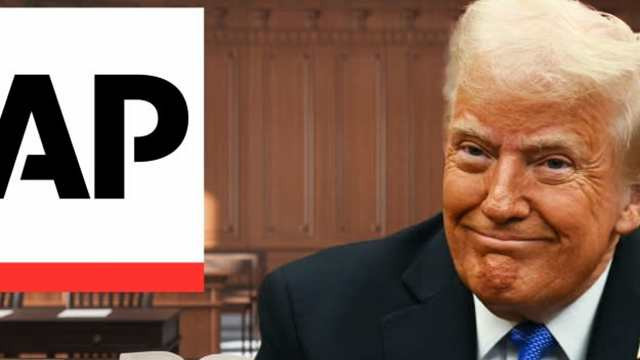
A U.S. appeals court on Friday temporarily allowed President Donald Trump to bar the Associated Press (AP) from certain White House media events, halting a lower court’s mandate that had granted AP journalists access, reports Reuters.
The divided ruling by the U.S. Court of Appeals for the D.C. Circuit blocks an April 8 order by U.S. District Judge Trevor McFadden, which required the Trump administration to permit AP coverage inside the Oval Office, aboard Air Force One, and at other White House events as the AP’s lawsuit proceeds.
The 2-1 decision was authored by Judge Neomi Rao and joined by Judge Gregory Katsas, both Trump appointees. Rao stated that the lower court’s injunction “impinges on the President’s independence and control over his private workspaces” and indicated that the White House is likely to prevail in the lawsuit.
The Associated Press expressed disappointment with the ruling and said it is considering its next steps. President Trump called the decision a “Big WIN over AP today” on his social media platform, Truth Social. White House press secretary Karoline Leavitt also emphasized that the AP is “not guaranteed special access” to the Oval Office, Air Force One, or other sensitive locations, while affirming that the administration will continue expanding access to new media outlets.
In a dissenting opinion, Judge Cornelia Pillard, appointed by President Barack Obama, criticized the ruling for undermining the essential role of a free press in a constitutional democracy.
The dispute began after the White House restricted AP’s access due to the agency’s refusal to use Trump’s renaming of the Gulf of Mexico to the Gulf of America in its reporting. The AP filed suit in February, arguing that the access limitations violated the First Amendment’s free speech protections.
Judge McFadden ruled that if the White House grants access to some journalists, it cannot exclude others based on viewpoint discrimination. The Trump administration argued that the President has absolute authority over media access to sensitive White House areas, asserting that McFadden’s ruling infringed on this discretion.
Further tensions arose when the AP accused the administration of defying the court order by continuing to exclude its journalists from some events and limiting wire service access overall, affecting agencies like Reuters and Bloomberg. This new policy placed wire services in a larger rotation alongside about 30 other outlets, impacting media coverage and real-time reporting relied upon by news organizations and global financial markets.
The AP maintains that the Gulf of Mexico has borne that name for more than 400 years and will continue using the original name while acknowledging Trump’s chosen renaming. The legal battle underscores ongoing tensions between the White House and the press over access and editorial independence.





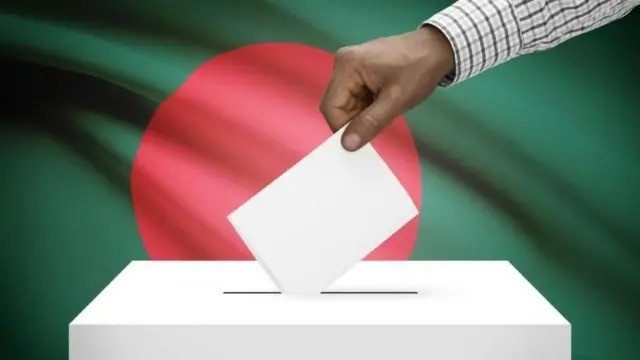

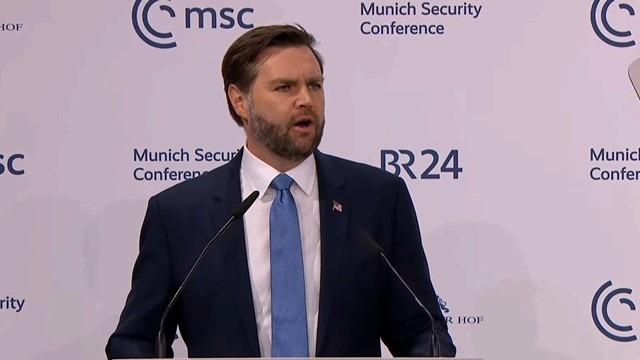
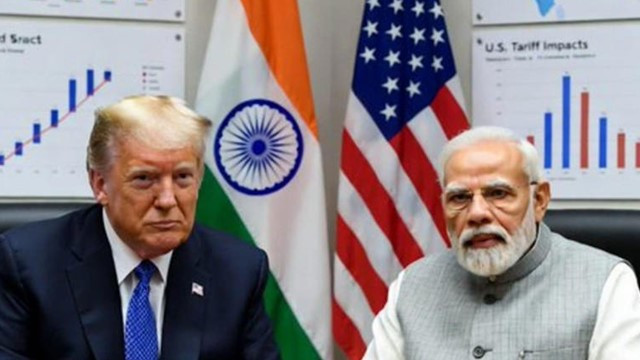
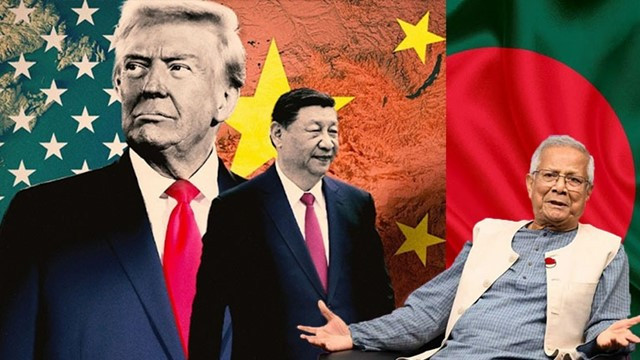
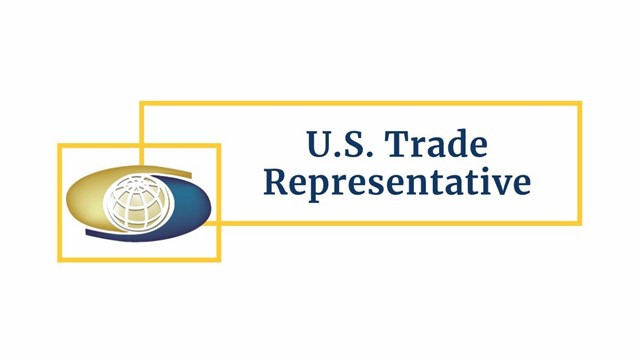
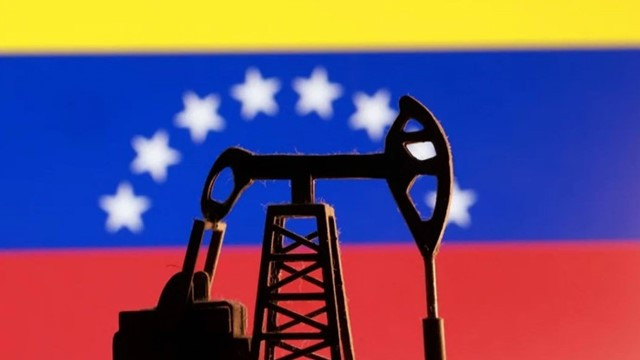

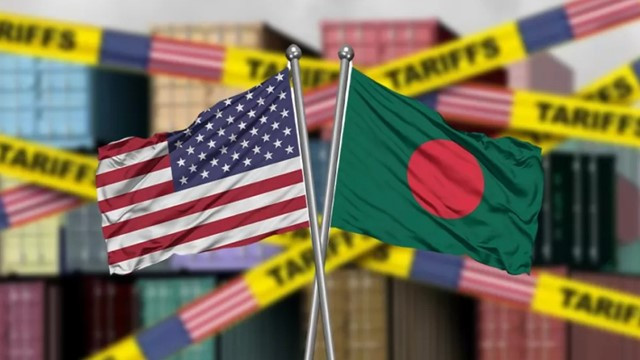
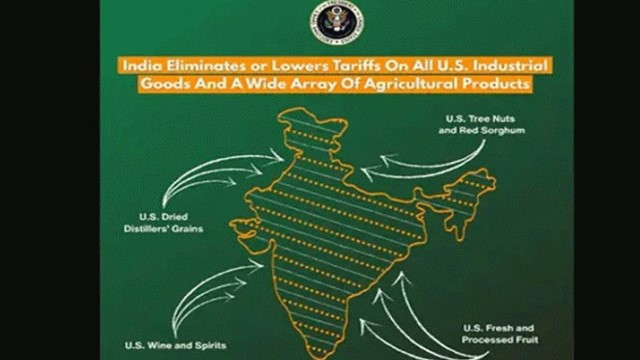
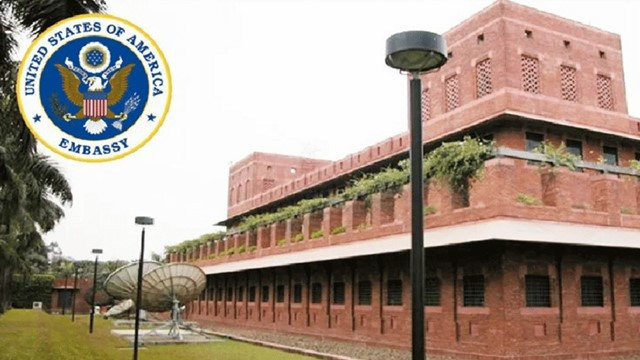
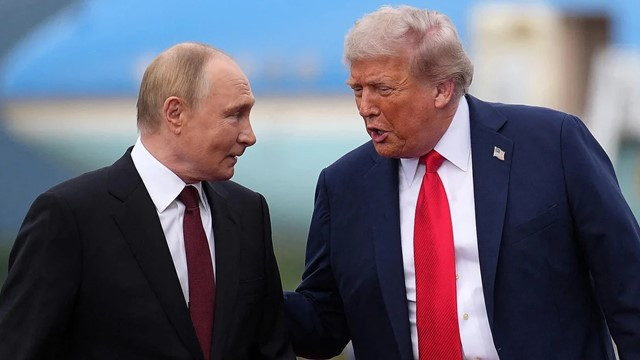

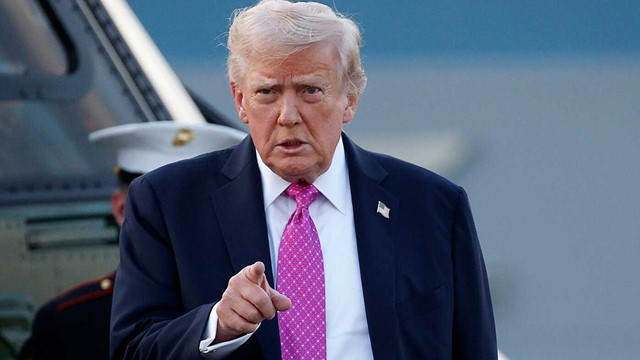
Comments Here: